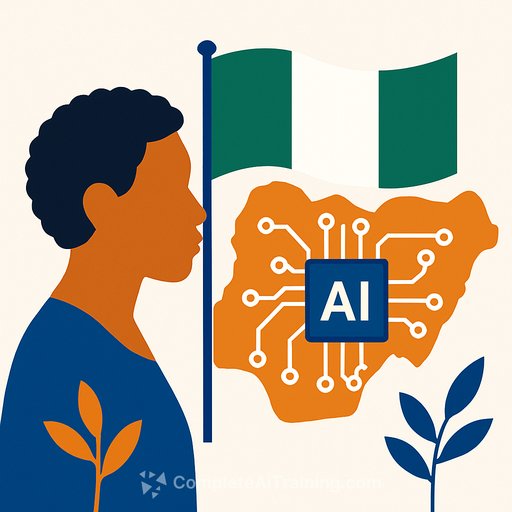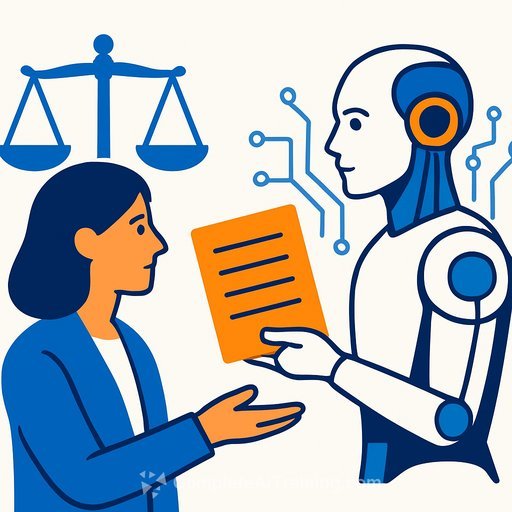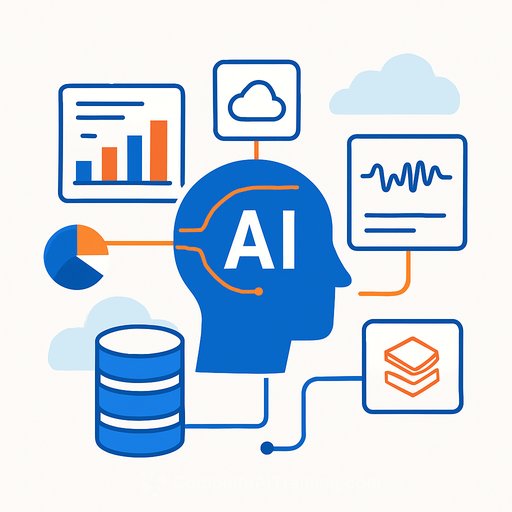Why Nigeria Must Not Import AI Regulatory Frameworks from Abroad
Recent incidents on social media have exposed the darker side of artificial intelligence (AI) misuse in Nigeria. Some Nigerian users on X (formerly Twitter) exploited Elon Musk’s AI tool, Grok, to digitally harass women by prompting it to create inappropriate content. This issue is not unique to Nigeria. Earlier this year, deepfake explicit images of singer Taylor Swift circulated widely, showing how AI can amplify harm globally.
Beyond harassment, AI technologies have been used worldwide to deepen biases, increase inequality, spread misinformation, and institutionalize injustice. For example, facial recognition tools in the United States have wrongly identified Black individuals, resulting in false arrests. Similarly, AI-driven misinformation campaigns have targeted elections both in Nigeria and the U.S. These examples show the urgent need for responsible AI regulation.
Global Approaches to AI Regulation
Some countries are actively creating AI governance frameworks. The European Union’s AI Act classifies AI applications by risk levels—unacceptable, high, limited, and minimal risk—setting rules accordingly. The U.S., on the other hand, relies heavily on litigation, allowing citizens to sue corporations over AI misuse.
But Nigeria cannot simply copy these models. The EU’s system depends on strong institutions for enforcement—something Nigeria struggles with. The U.S. approach requires a legal environment that empowers citizens to hold companies accountable, which is also lacking in Nigeria.
Nigeria’s Current AI Policy Landscape
Currently, Nigeria has no dedicated AI law. In 2022, the National Information Technology Development Agency (NITDA) began stakeholder consultations on a National Artificial Intelligence Policy (NAIP), with a draft completed in early 2023. By August 2024, the Ministry of Communications released a draft National Artificial Intelligence Strategy (NAIS), outlining Nigeria's roadmap for ethical and responsible AI use.
As Nigeria develops its AI regulatory framework, it must consider local realities such as ethnic diversity, digital literacy levels, and institutional enforcement capacity. Simply adopting foreign frameworks without adaptation risks ineffective regulation and harm to citizens.
Five Pillars for a Responsible Nigerian AI Framework
- Risk Assessment: AI systems that pose high risks—threatening individuals or national stability—should face thorough oversight before deployment. Low-risk systems can operate under lighter rules.
- Bias Mitigation: Most AI models are trained on Western datasets. Nigeria must ensure that AI systems reflect local ethnic, gender, linguistic, and socioeconomic diversity to avoid harmful biases.
- Transparency and Audit: Organizations deploying AI should publish audit reports detailing potential risks and measures taken to prevent harm.
- Redress Mechanisms: Citizens need clear channels to challenge harmful AI decisions, such as unfair loan denials or wrongful identification by facial recognition.
- Regulatory Compliance: Passing an AI law is insufficient without strict enforcement. Nigeria must avoid policies that exist only on paper and ensure accountability.
Building a Sustainable AI Ecosystem in Nigeria
Effective AI regulation requires more than laws. Nigeria should invest in indigenous digital infrastructure and develop AI models trained on local data. Improving digital literacy across the population is also essential to empower people to interact safely and knowledgeably with AI systems.
The risks of importing foreign AI regulatory frameworks without modification are high. Harmful AI systems, once embedded, are difficult to reverse and can erode public trust in technology.
By creating AI policies that reflect Nigeria’s unique social and institutional context, the country can foster an environment where AI supports growth and fairness rather than harm and inequality.
For IT and development professionals interested in how AI is shaping industries and regulation, staying informed about local AI policy developments is crucial. To deepen your knowledge and skills in responsible AI, explore Complete AI Training's latest courses designed for professionals working at the intersection of technology and governance.
Your membership also unlocks:





